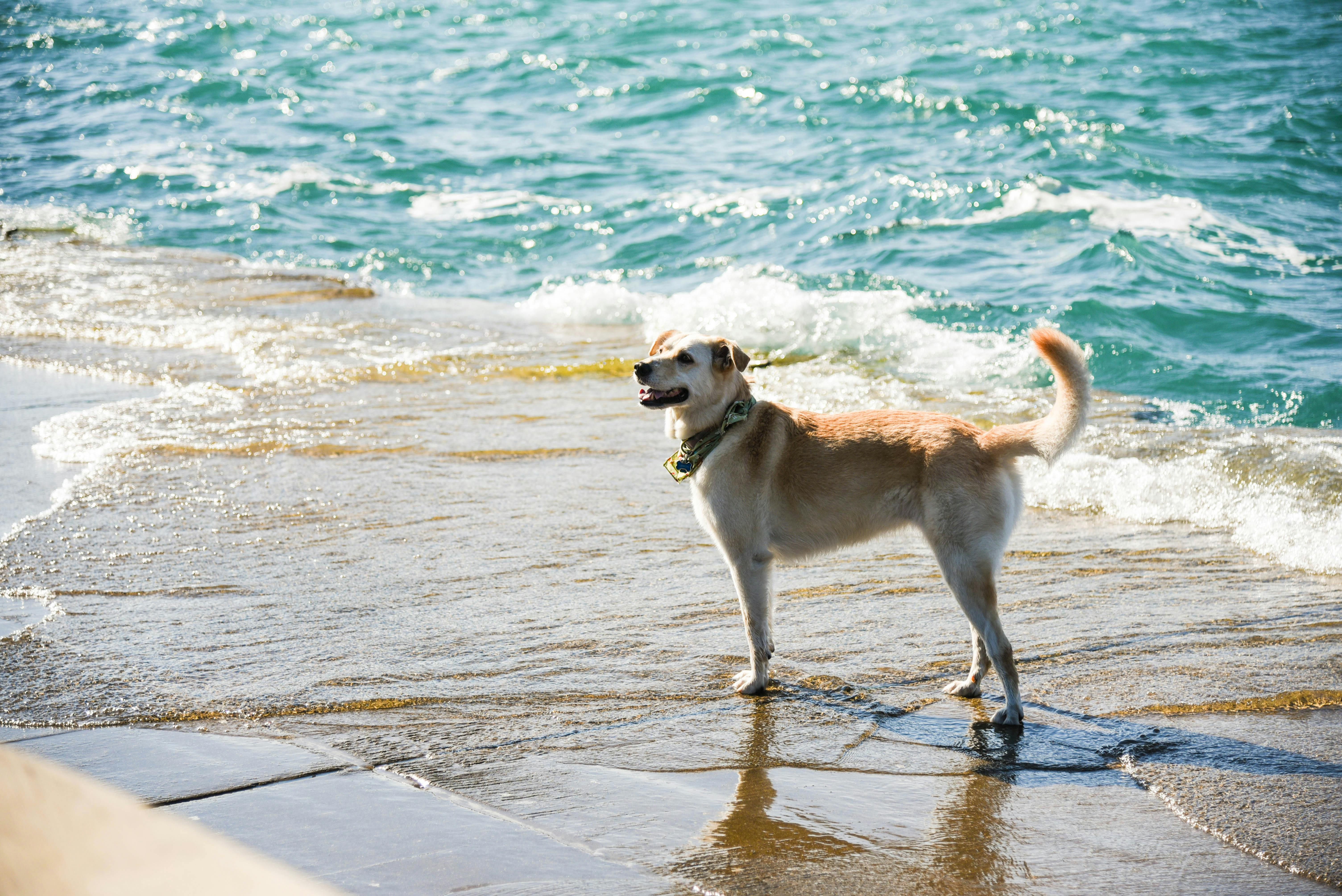Malta Property Overview
Real estate boom in Malta
House building levels and property prices in Malta skyrocketed between 2003 and 2004, registering price increases of 20.3% and 13.3% respectively, after a 2003 referendum voted in favor of the accession of Malta to the European Union on January 1, 2004.
Located in southern Europe, near the coast of Sicily, properties in Malta, which included an archipelago of seven islands, with a population of 400,000, have long attracted citizens from overseas. This is not only due to Malta’s intense Mediterranean climate, but also to the country’s state of fiscal efficiency; Maltese residents enjoy one of the lowest levels of income tax in Europe.
Property claim in Malta
But the international demand for homes in Malta, which comes mainly from the UK and Scandinavia, has declined over the last year. This is particularly the case for “British buyers” due in large part to “the falling value of the British pound” against the euro and the Maltese lira, says Paul Hay of Malta Homes. The decline in the value of the British pound has significantly increased the cost of buying property in Malta.
Although property prices have fallen, the recession has not been as drastic as in most other European markets, “adds Hay. However, domestic demand for homes in Malta has been” surprisingly resilient, “says James. Vassallo, senior manager of real estate development for Tigne Point.
Vassallo continues: “The lowered interest rates have encouraged close caregivers to get involved. [in housing transactions] And I’ve made those occasional deals a lot more attractive. “
Property prices in Malta begin to stabilize
Although home values continue to decline in some areas, it has already stabilized in other regions, mainly because the majority of Maltese homeowners are not as leveraged through borrowed money, as UK residents say.
Despite the short-term market slowdown, Malta’s real estate sector could find itself flying high in the medium and long term, driven by rising levels of tourism and a growing number of budget airlines.
Malta houses flying high
In 2008, EasyJet, Ryanair and Scandinavian Airlines introduced or expanded their direct routes from the UK and Sweden to Malta.
Vassallo adds: “Increased air traffic is certainly good for the island, especially in these difficult times. Malta is strategically located between the west and east and the growing importance of North Africa. For years, business travel has grown steadily. “.
Rental investment properties in Malta
While there may have been a drop in foreign demand for home purchases in Malta, Hay says higher levels of tourism are increasing the requirements to rent holiday homes in Malta.
“From a vacation rental point of view, 2009 appears to be healthy, considering the global economic situation, says Hay.” In fact, Air Malta had one of its most successful flight occupations during the first quarter of 2009 for a few years. . “
Vassallo says that some of the best rental returns, albeit with relatively low returns, about 4%, can be achieved by purchasing a property in Sliema, a property in St Julians, a property in Valletta, and a property in St Paul’s Bay.
However, it is not worth it for any foreigner wishing to rent his house in Malta to have to register his property with the Board of Hotel and Catering Establishments, and it can only be rented on a short-term lease.
Additionally, non-nationals can only purchase property in Malta and generally only for owner occupancy purposes, unless they purchase property in a ‘Special Designated Area (SDA)’ that allows them to purchase property in Tigne Point, Portomaso property, Manoel Island property, Chambray property and Cottoenra property.
Malta Properties located in an SDA do not face some of the strict restrictions imposed on foreigners who otherwise wish to rent their homes in Malta.
Residence in Malta
One way to overcome the limits imposed on foreign nationals is to become a resident of Malta, which would also offer average earners a real opportunity to reduce their taxes.
Malta does not collect capital gains tax on property sales after three years of ownership, but any local or foreign income brought into Malta is taxed at a rate of up to 35 percent. However, residents can take advantage of Malta’s residency scheme, which charges a flat tax rate of 15 percent, subject to a minimum tax liability of 4,200 euros (£ 3,630).
To qualify for Malta residency, Mark Hollingsworth of Hollingsworth International explains that a person would have to possess assets worth at least EUR350,000 (£ 303,000) or have an annual income of approximately EUR23,500 (£ 20,400) outside of Malt.
Foreigners moving to Malta have to “remit a minimum of EUR13,950 (£ 12.00) plus EUR2,300 (£ 2,000) for each dependent to the [country’s authorities], not to engage in any form of commercial activities in Malta and to buy or rent property in Malta. A minimum of EUR 116,000 (£ 100,000) would have to be spent on the purchase of a house or EUR 69,000 (£ 60,000) paid for an apartment; otherwise an annual rent of at least EUR4,150 (£ 3,600) would have to be paid. spent on renting a house. “
The process of buying a property in Malta
Anyone really moving forward with buying property in Malta should find the buying process fairly straightforward. The country’s legal purchasing system presents a relatively safe purchasing environment.
Deeds are filed at the completion of the property purchase, while legally binding contracts are filed in English.
